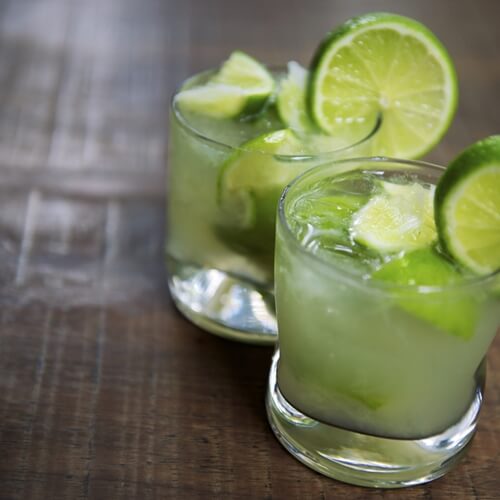Celebrate summer with the national drink of Brazil

Cachaca, the national drink of Brazil, is quickly becoming the hot summer spirit of 2014. Fueled in part by the World Cup in Rio de Janeiro, the popularity of rum-esque liquor is on the rise. bars across the United States are embracing the drink and its most popular application, the caipirinha. With this in mind, let’s take a closer look at what exactly goes into the production of this breezy summer drink.
Cachaca: Rum or not rum?
Brazilian law dictates the cachaca formula much in the same way that other alcoholic drinks, such as regional wines, are subject to labeling laws. In order for a liquor to be defined as cachaca, it must have an alcohol content of 38 to 54 percent by volume and made from the distillation of fermented sugarcane juice. There are a few notable subsets of cachaca such as sweet cachaca, which has more than 6 grams of added sugar per liter, and aged cachaca, 50 percent of which must be at least 1 year old.
Its taste is often described as a mix between rum and tequila, though it is more often associated with the former than the latter. Like rum, it is distilled from sugarcane juice, but unlike its popular cousin, it can be sold unaged. In addition, cachaca is much older than rum, dating all the way back to the mid-1500s when Brazil was first established as a Portuguese colony. The explosion of cachaca on the global marketplace has forced Brazilian officials to protect the national identity of the drink (and economy of the country) be proclaiming it to be completely separate from rum.
The caipirinha
This summer, if you go out to a local bar to catch one of the World Cup games on TV, it is likely the menu will feature some form of caipirinha in honor of the host country. This cocktail is very simple to make, composed of no more than muddled lime, sugar, cachaca, ice and sometimes a splash of soda water. Experiment with the proportions until you have a found a combination you like.
This summer isn’t the only time you are likely to encounter the caipirinha. In two years, when the Summer Olympics head to Rio, you are likely to see an even larger influx in the popularity of the hot weather cocktail.


